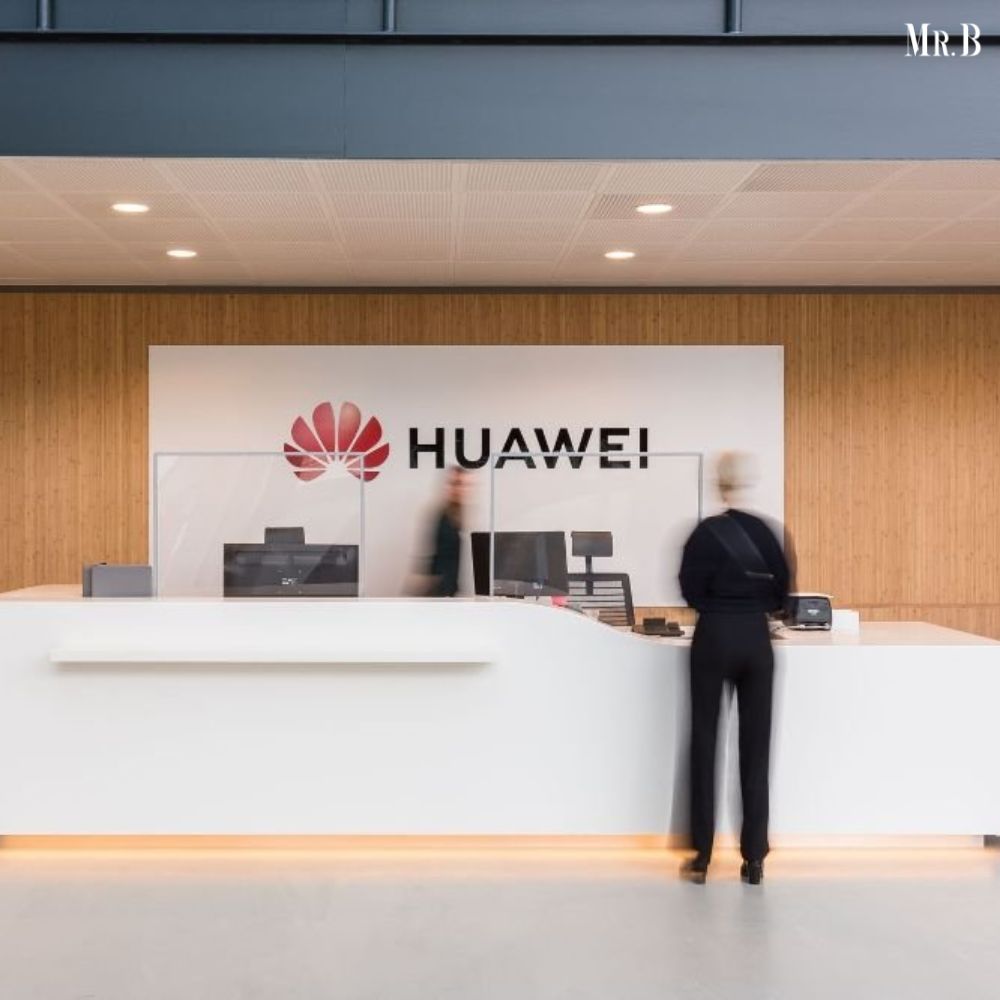Global Interest Rates and U.S. Election Shake Currency Markets
- Category: News

Traders and investors are closely monitoring global interest rate cuts and the upcoming U.S. Election Shake Currency Markets, anticipating these factors to break the world’s currency markets out of their lowest volatility levels in almost four years. Measures of both historical and expected volatility have dwindled in recent months, largely due to major central banks maintaining a status quo, leaving FX traders devoid of the divergent moves they typically rely on. Deutsche Bank’s implied currency volatility gauge, a closely-watched indicator, is currently at its lowest level in two years, hovering close to pre-pandemic levels. The impending U.S. election injects a significant dose of uncertainty into global currency markets, as polls oscillate between President Trump and Democratic nominee Joe Biden.
Central Banks on the Move, Trump’s Influence Looms Large Due to U.S. Election Shake
As central banks cautiously start to stir, the Swiss National Bank took the lead in March by lowering borrowing costs, signaling a potential shift in the broader central banking landscape. Anticipation mounts for similar moves from major players like the Federal Reserve, European Central Bank, and Bank of England later this year. While recent data showing stronger-than-expected performance tempered expectations of Fed rate cuts, European bond yields have mirrored the trend, keeping volatility subdued. Analysts highlight the potential for increased differentiation among central banks to spur real volatility in currency markets, though such a scenario appears unlikely in the near term. This uncertainty amplifies the potential for market volatility, as investors grapple with the implications of each candidate’s policies on trade, fiscal stimulus, and international relations.
Trump’s Tariff Threats and Election Uncertainty Add to Market Volatility
The looming specter of the U.S. presidential election, and also U.S. Election Shake Currency Markets coupled with President Donald Trump’s tariff rhetoric, adds another layer of uncertainty to currency markets. Trump’s hints at imposing tariffs on imports, particularly from China, have the potential to bolster the dollar while weakening currencies like the euro and Chinese yuan. Barclays predicts a potential 3% rally in the dollar if Trump secures a second term, with projections suggesting the euro could even plummet to parity with the U.S. currency. As Trump and Joe Biden remain neck and neck in polls, the prospect of heightened volatility in the $7.5-trillion-a-day global currency market looms large, with market sentiment likely to sway in the lead-up to November’s election. With President Trump’s history of utilizing tariffs as a tool in trade negotiations, his reelection could signal a continuation of this approach, further impacting currency valuations. Conversely, a Biden victory may bring a different set of policies, potentially altering market dynamics.
Curious to learn more? Explore this News on: Mr. Business Magazine







